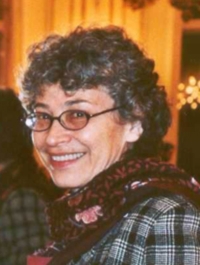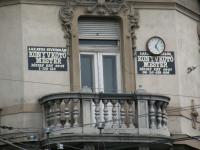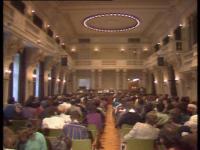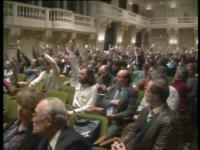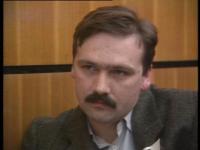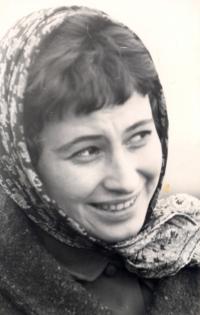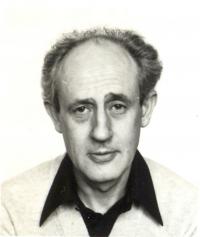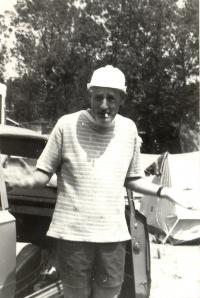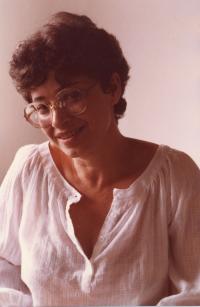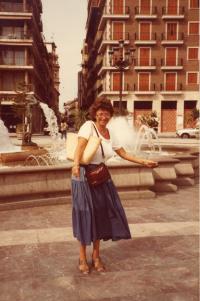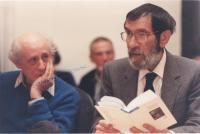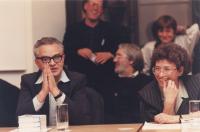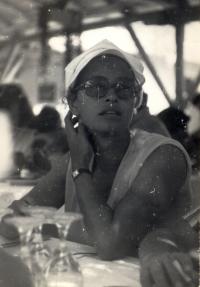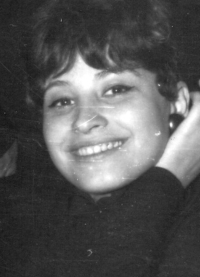68 was the turning point for my generation
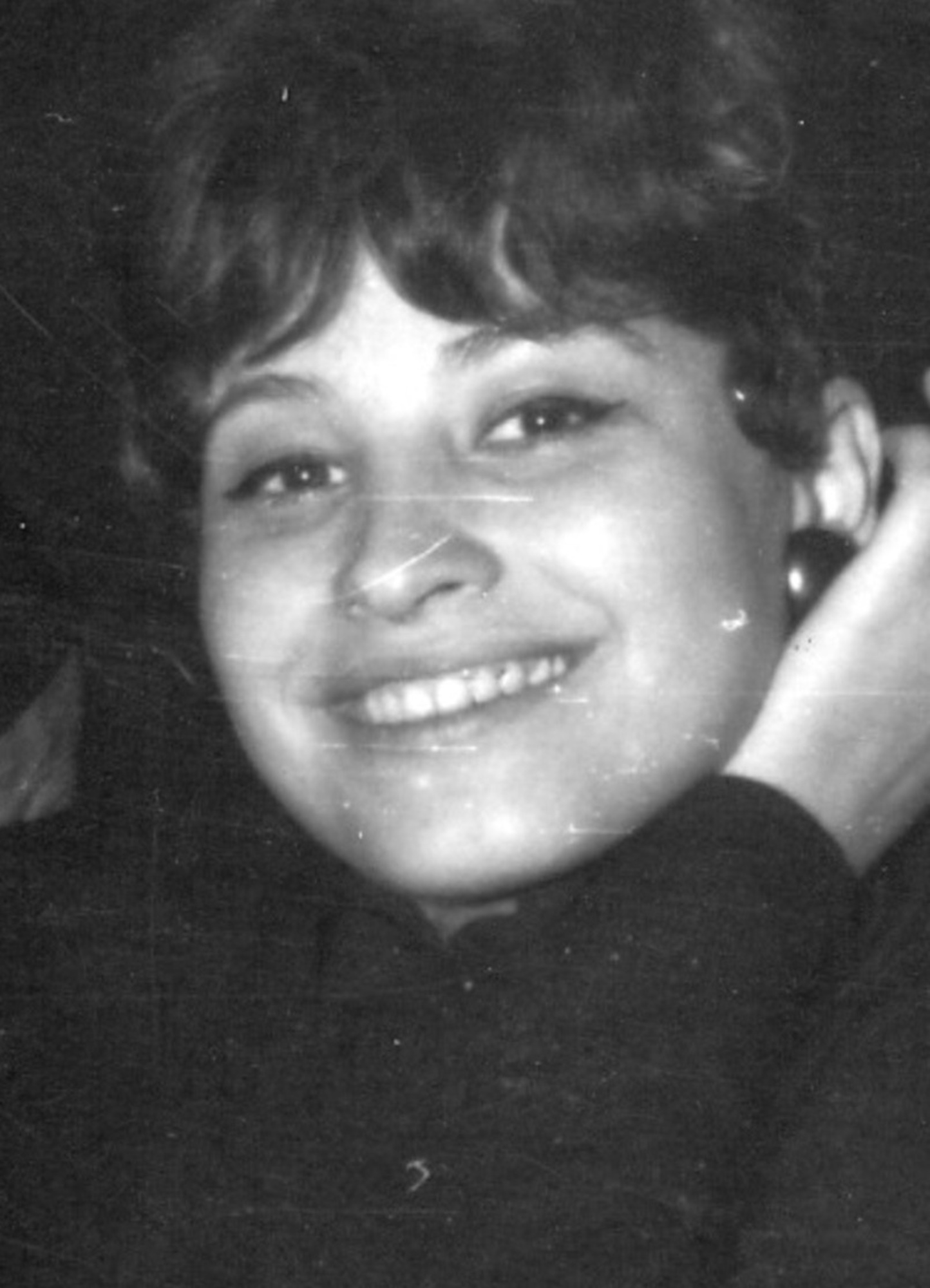
Download image
Ágnes Erdélyi was born on 15 February 1944 to Jewish parents in Budapest. Her father was a doctor, her mother was an accountant. Ágnes applied for a place at the Eötvös Loránd Universty (ELTE BTK) to major in Philosophy and French but she was offered one as a French/Spanish major. However, she took on Philosophy as a third major. In 1967 she became a member of the Hungarian Socialist Workers’ Party (MSZMP) and earned her degree in Spanish/French Studies and Philosophy. In 1967-68 she worked for Társadalmi Szemle, while she was also a part time Professor of Philosophy at the Philosophy Department of Semmelweis Medical University (SOTE) until 1969. Then she worked alongside philosopher György Lukács. She married philosopher Vilmos Sós in 1976.Between 1970 and 1992 she worked for the Philosophy Institute of the Hungarian Academy of Science. In the 1988/89 academic year she was a guest professor in the USA (Rutgers University, NJ, Department of Philosophy). From 1991 onwards she has been a professor at the Philosophy Institute of ELTE BTK. In 1992/98 she was the Head of the Invisible College. In 1996 she earned her a DSc degree in philosophy (Max Weber in America).As a member of the so called Lukács Nursery she participated in voluntary seminars held in participants’ flats from 1964. In 1973 following the so called Philosophers’ Trial, she discontinued her MSZMP membership. She belonged to the circle of the Democratic Opposition. In 1977 she contributed to the publication entitled Marx in the Fourth Decade. In January 1977 she signed the first manifesto against the arrest of Charta 77 members. In October 1979 she signed the document protesting against the trial of the representatives of Charta 77. She took part in the fundraising campaign for the victims of the reprisals following the 1979 signings. She was affiliated to and assisted the activity of the samizdat Beszélő Journal as well as the Fund for Supporting the Poor. She was one of the co-writers of the samizdat Bibó Memorial Book in 1980. In 1984 she was a member of the committee for the release of Miklós Duray, a Slovakian human rights fighter. In 1987 and 1988 she actively contributed to the foundation of the Democratic Trade Union of Scientific Workers and its running.
